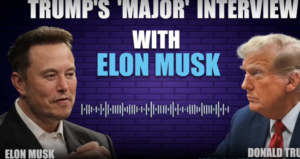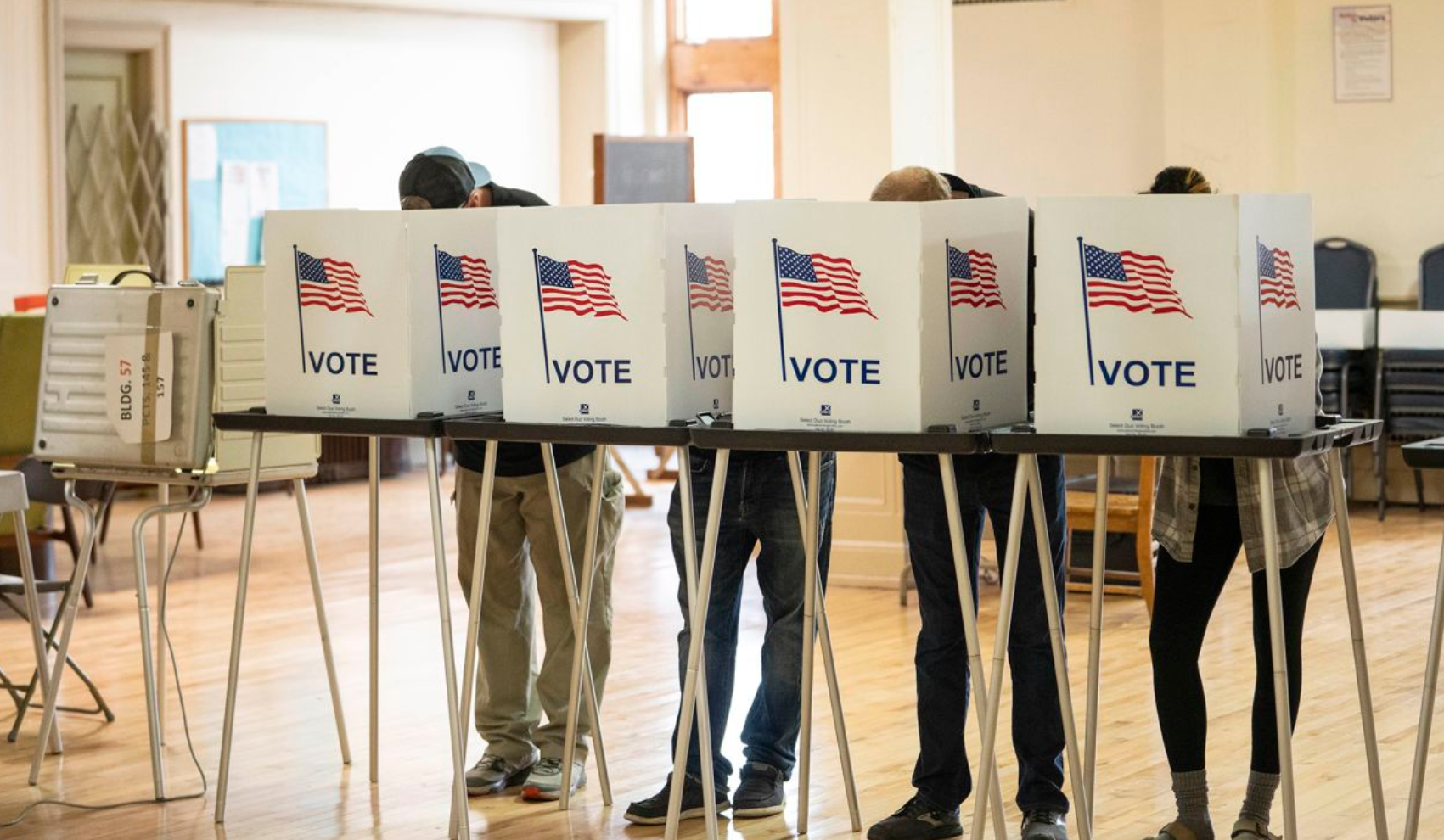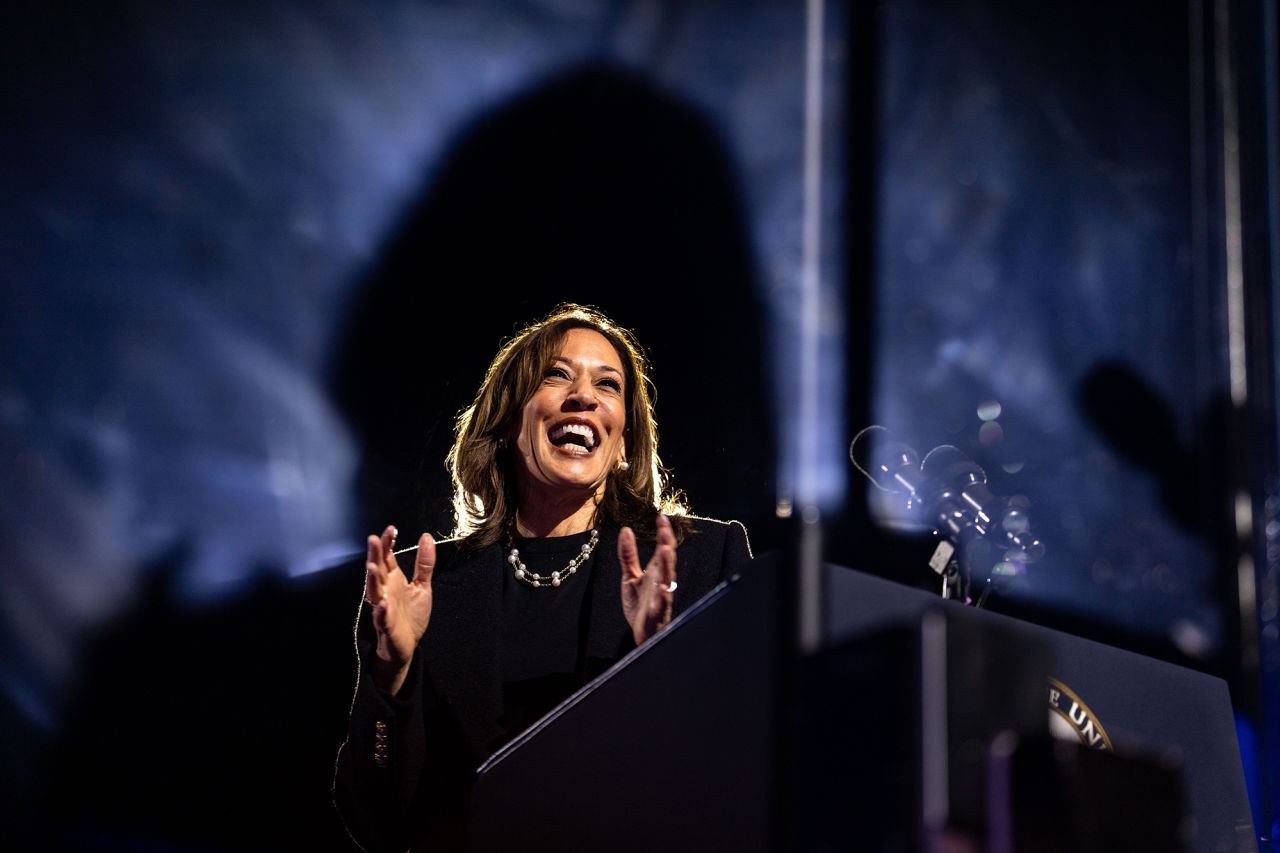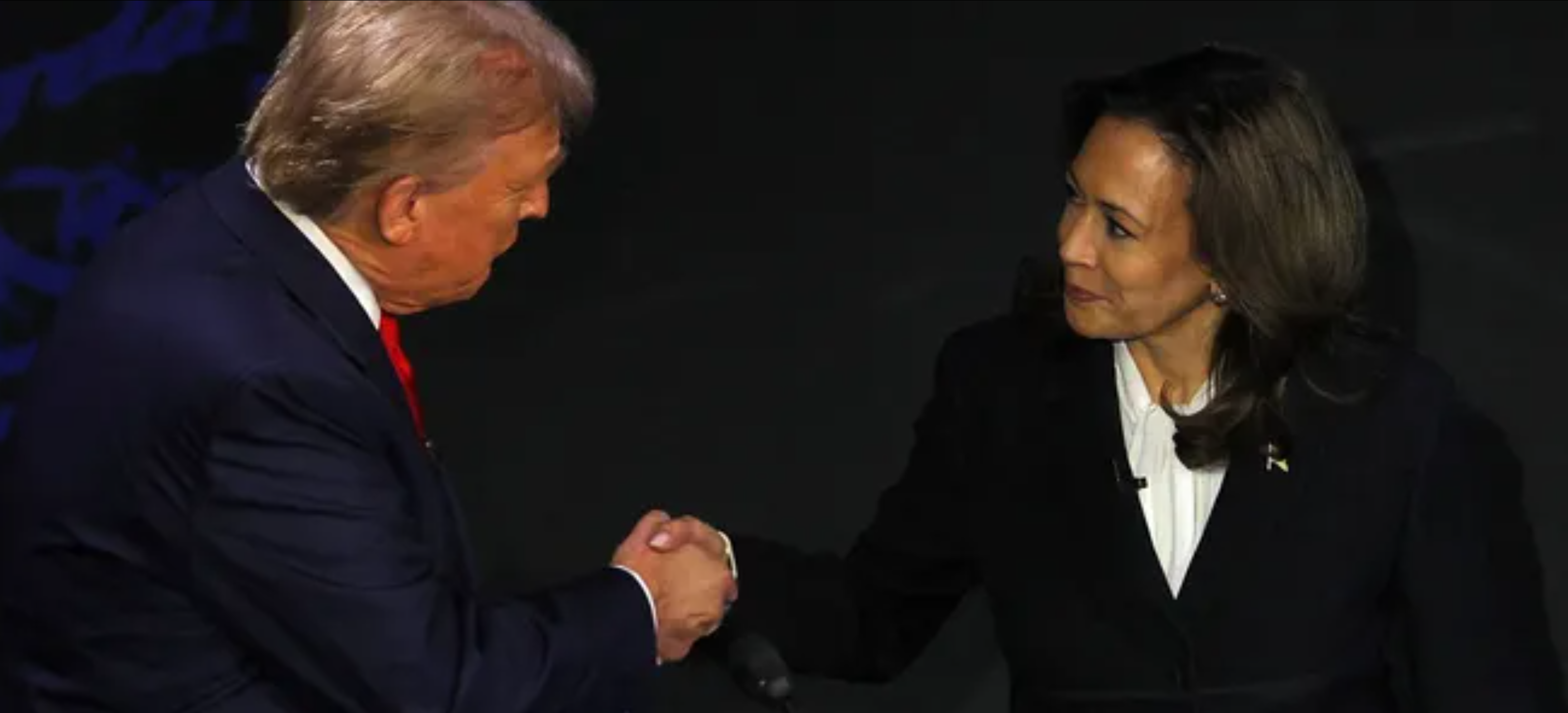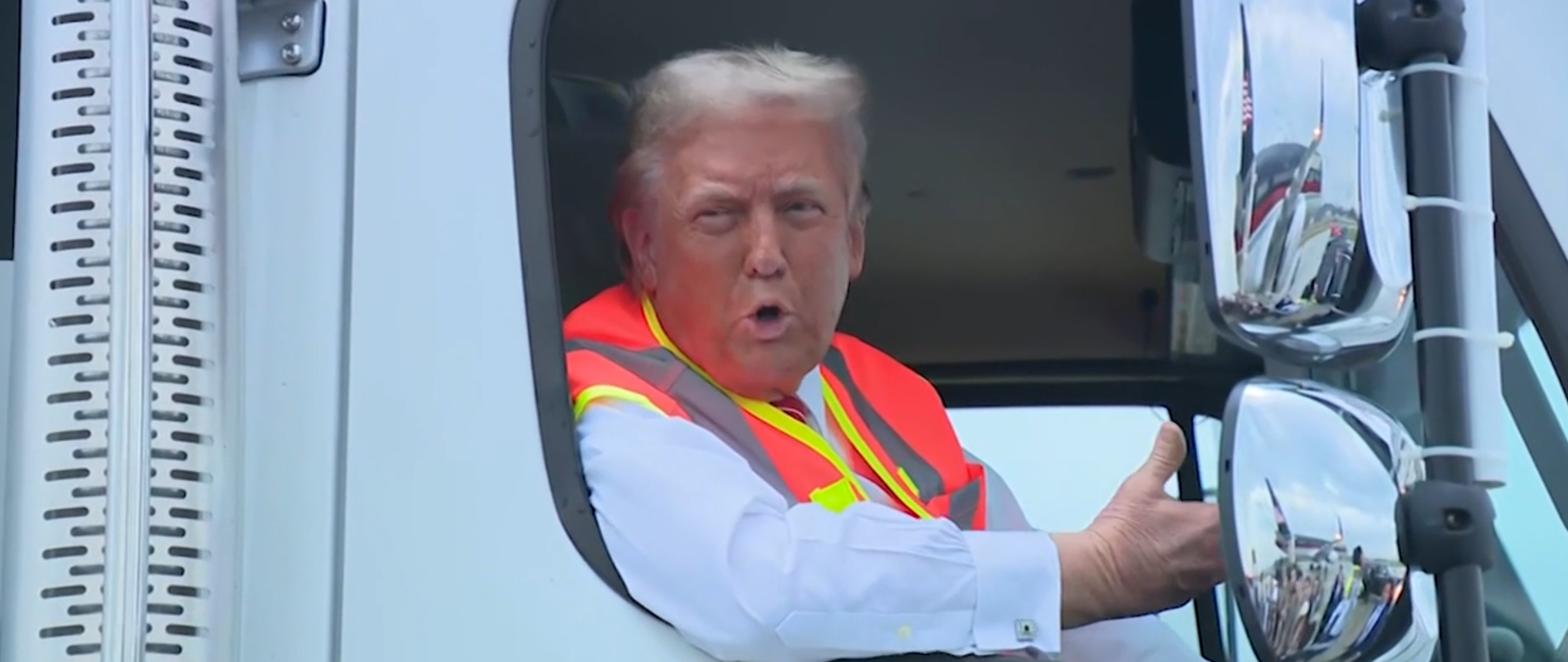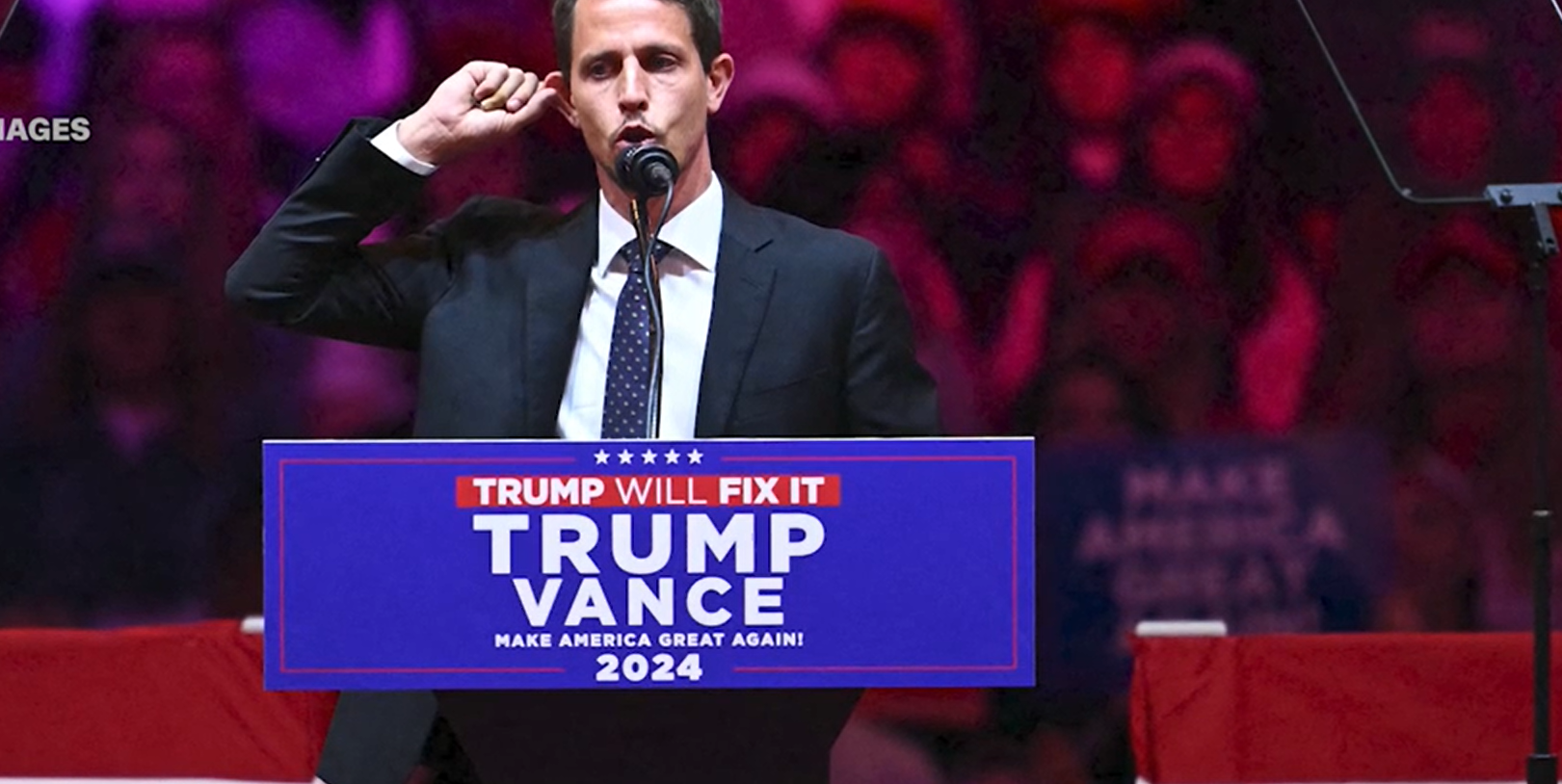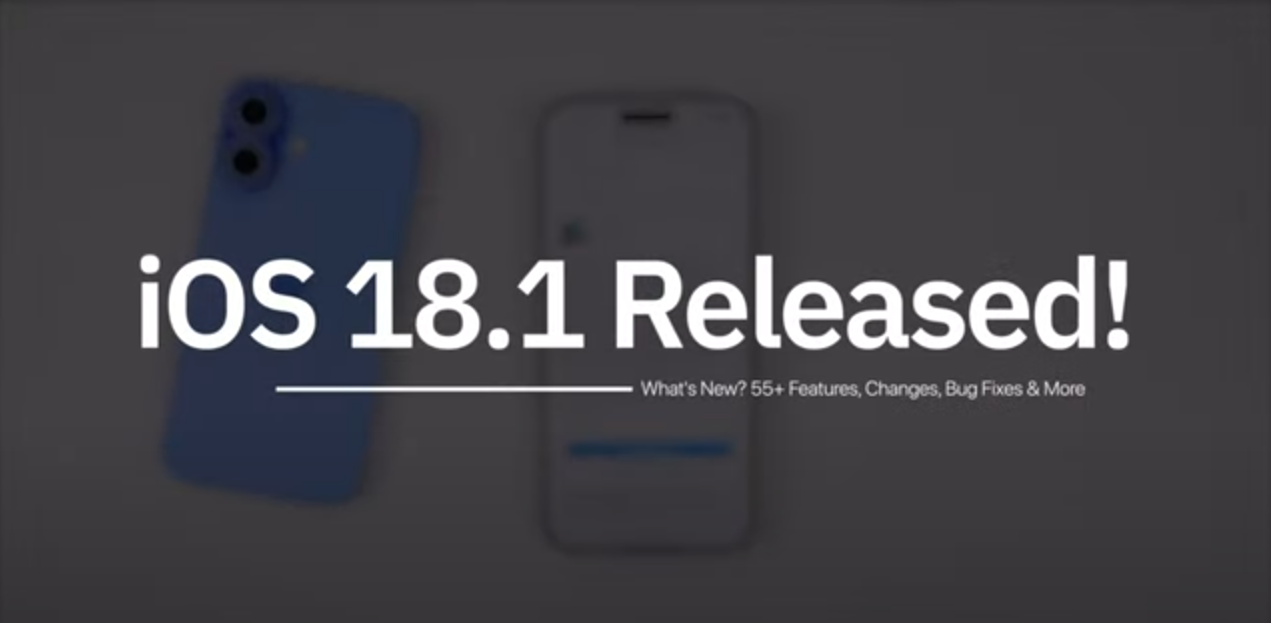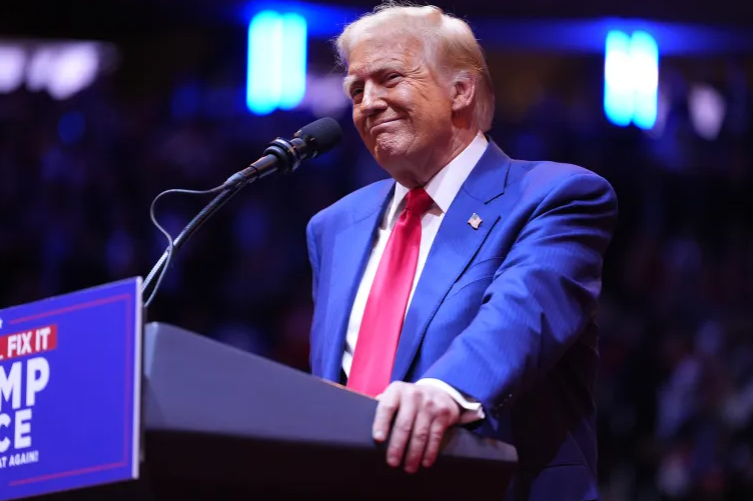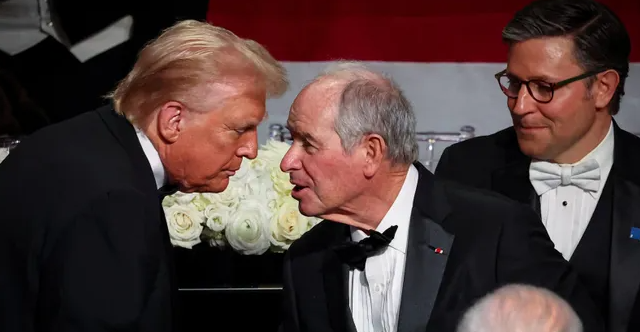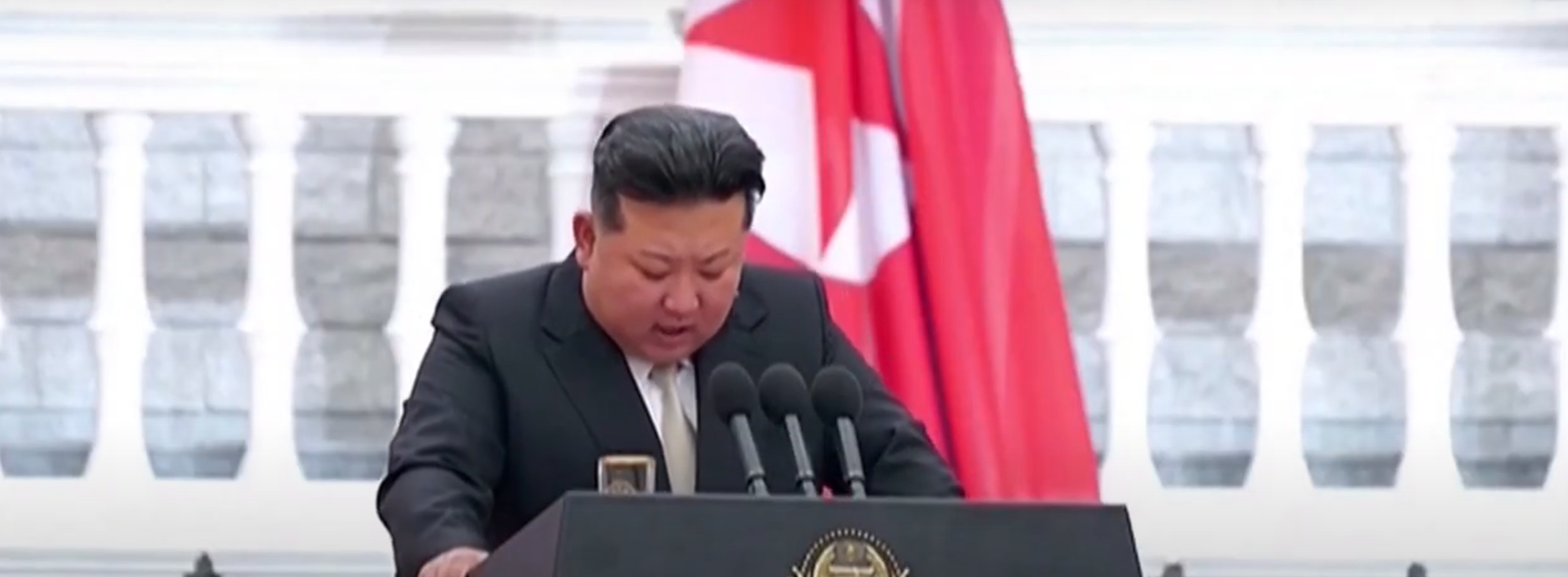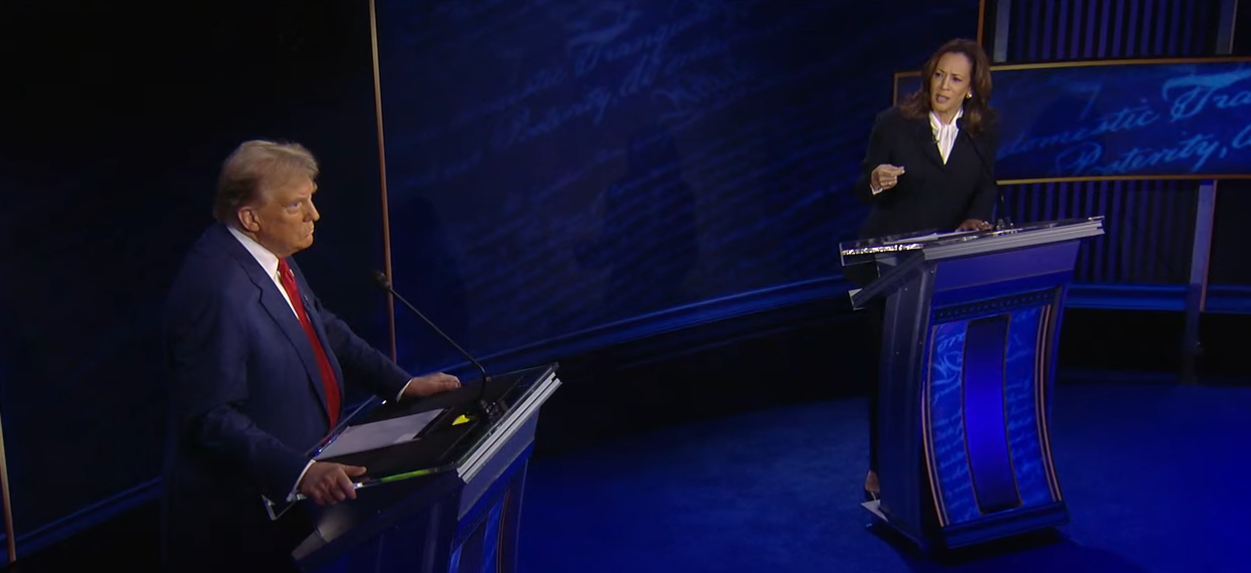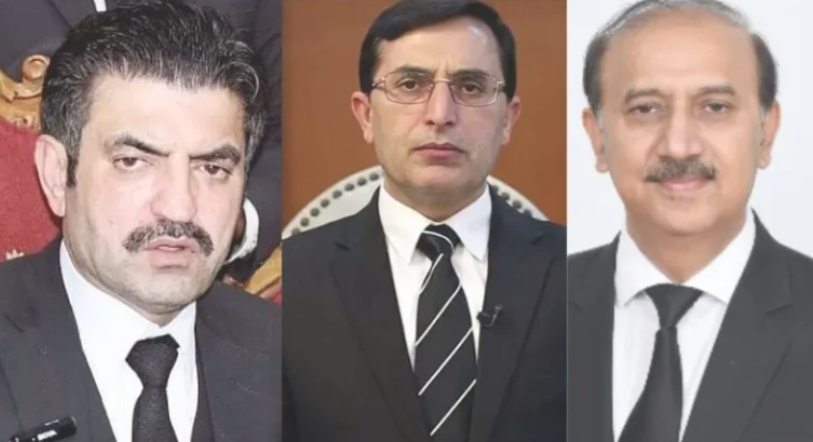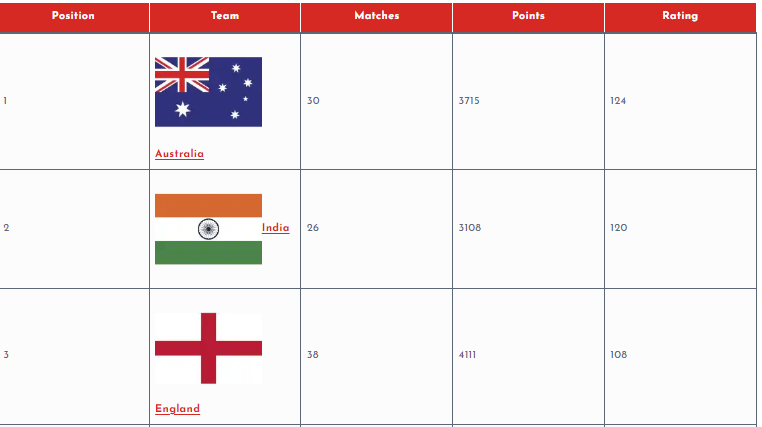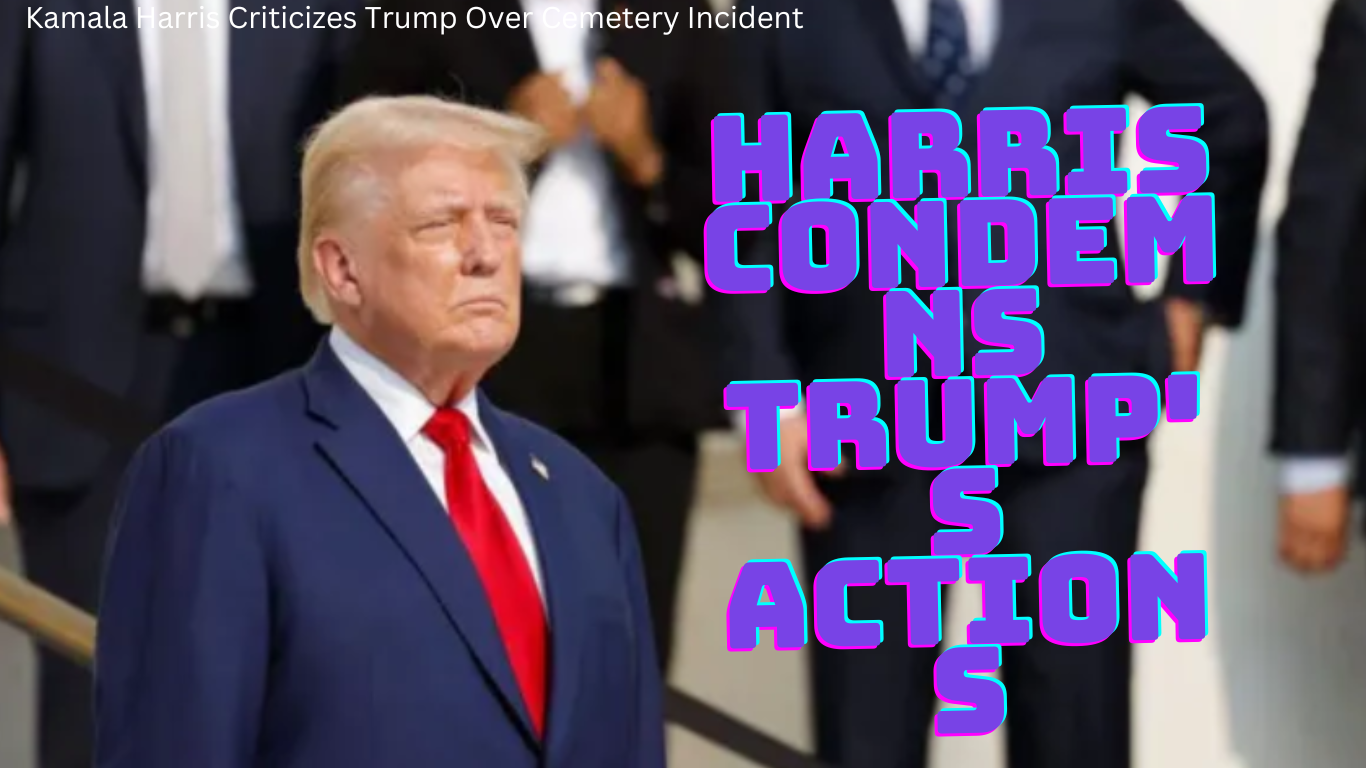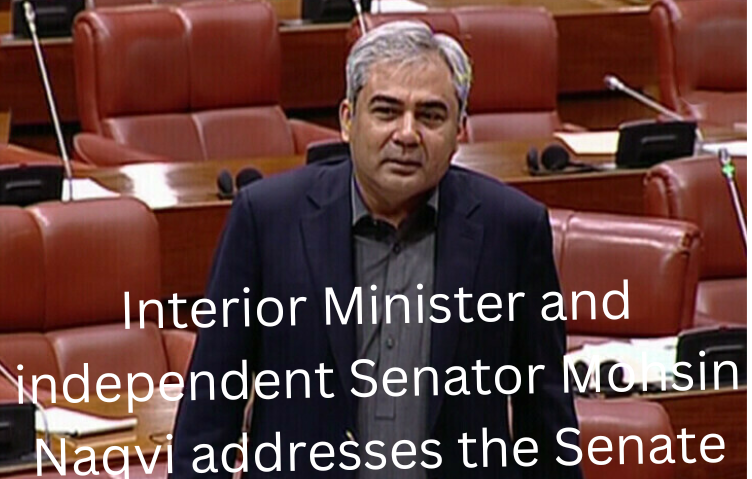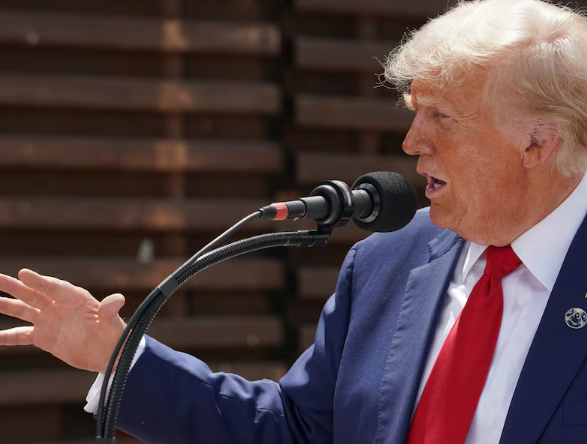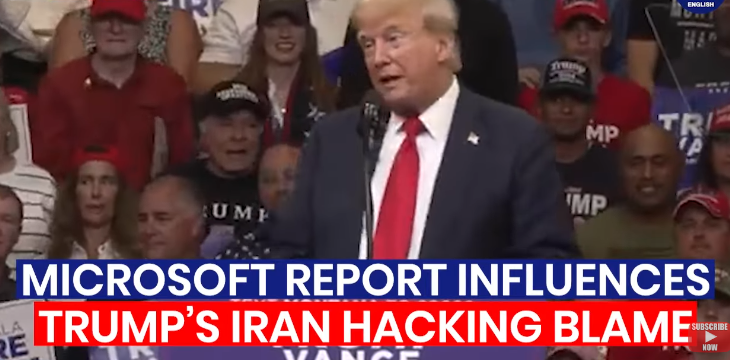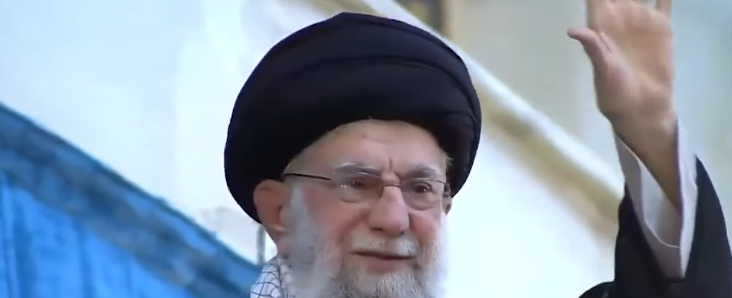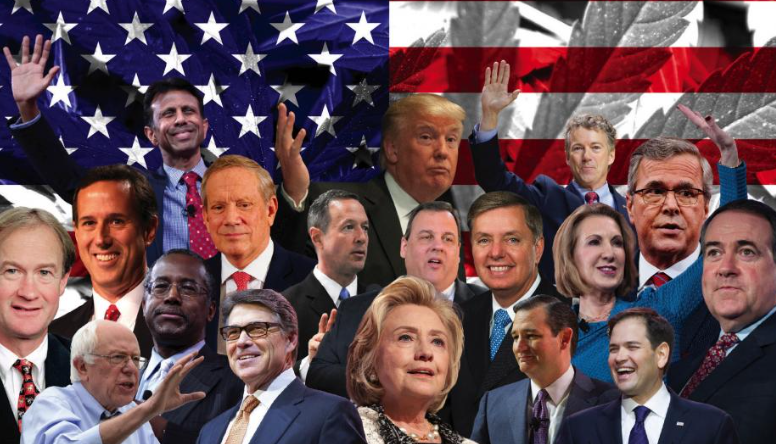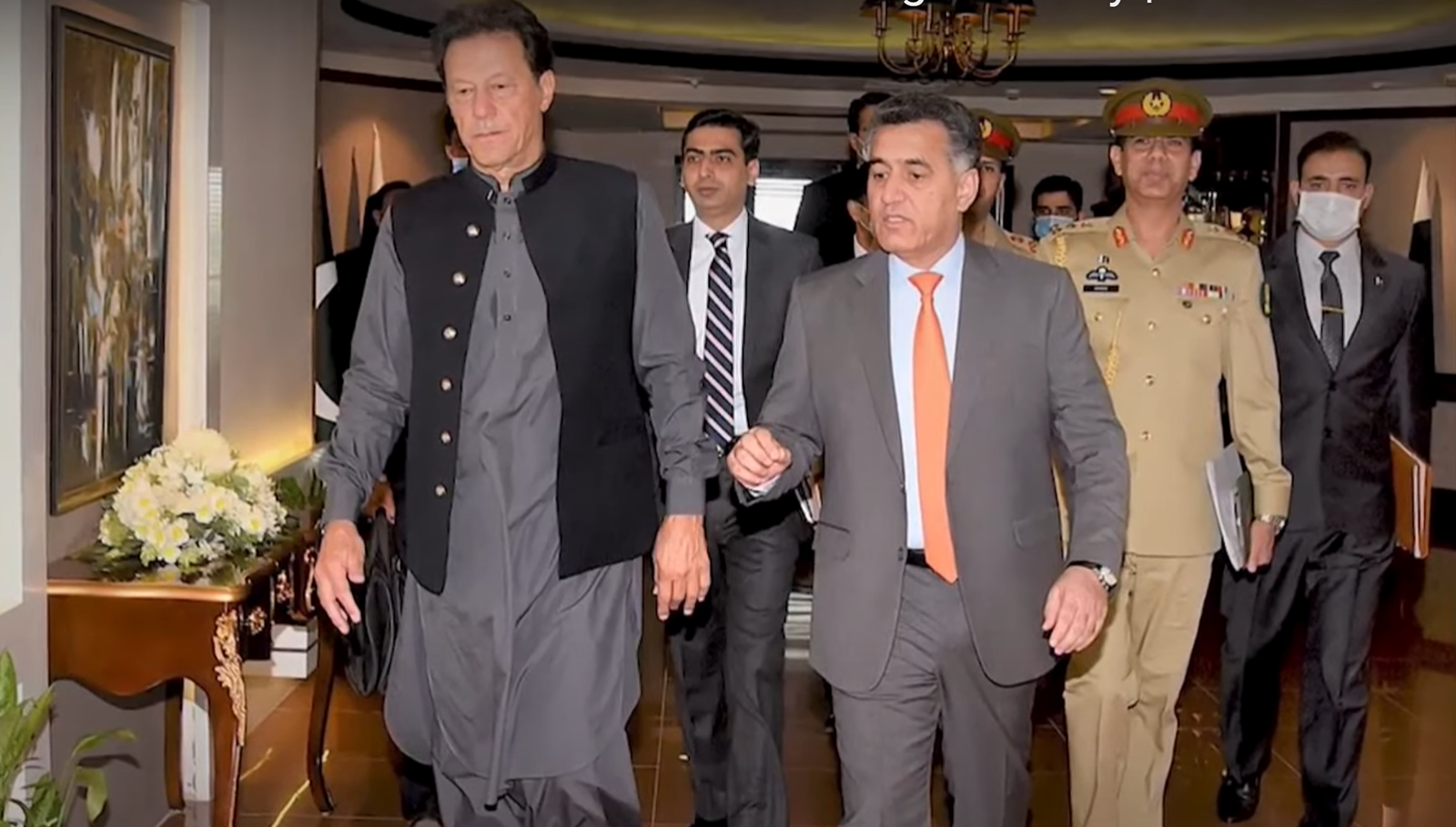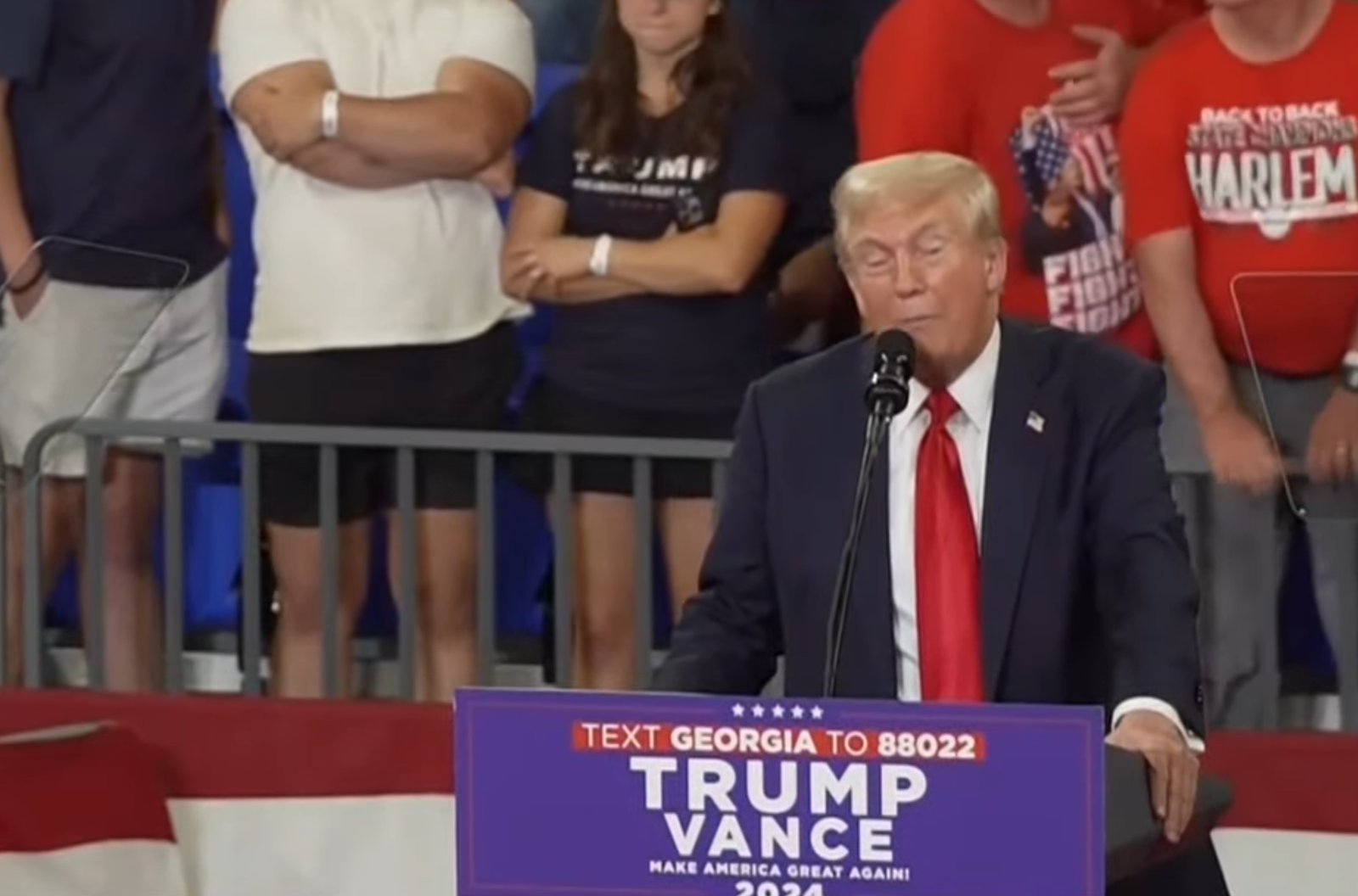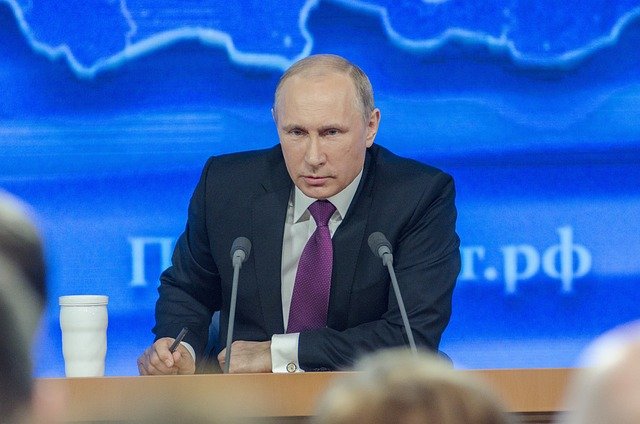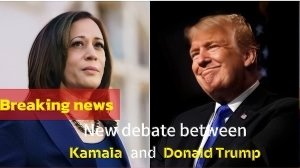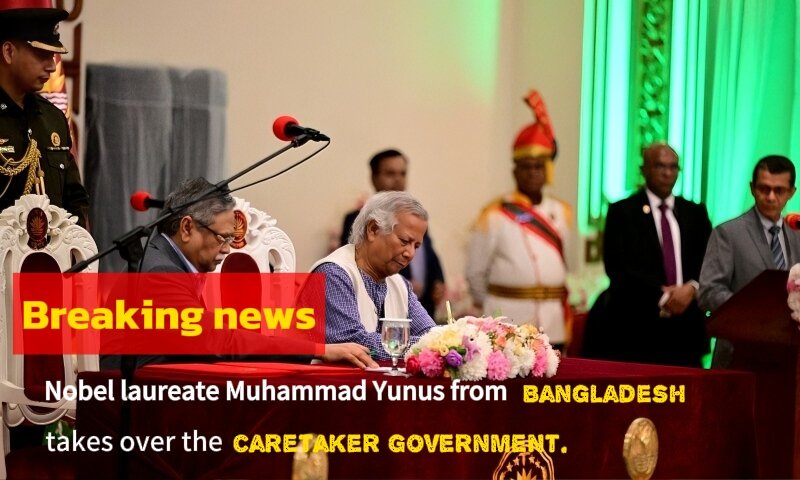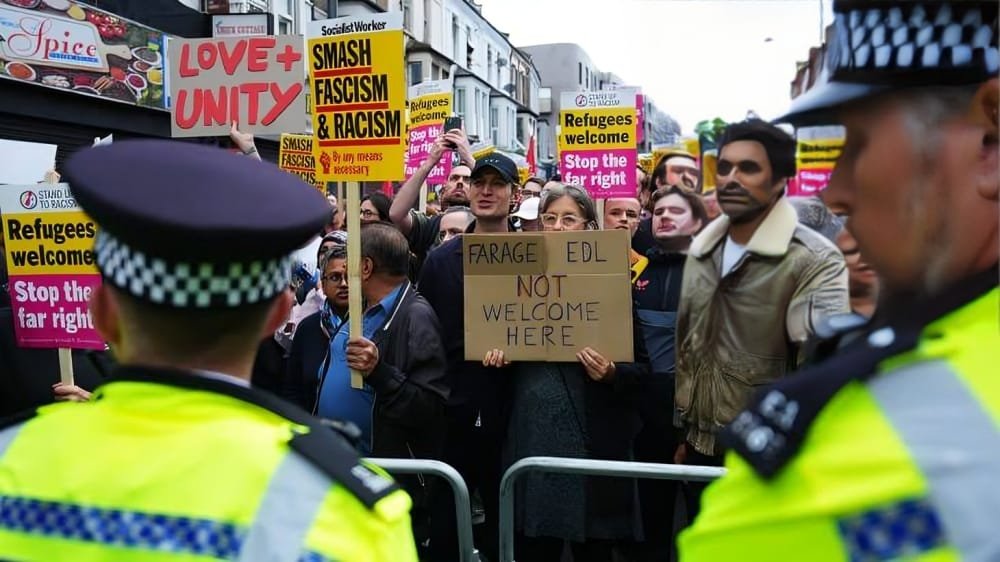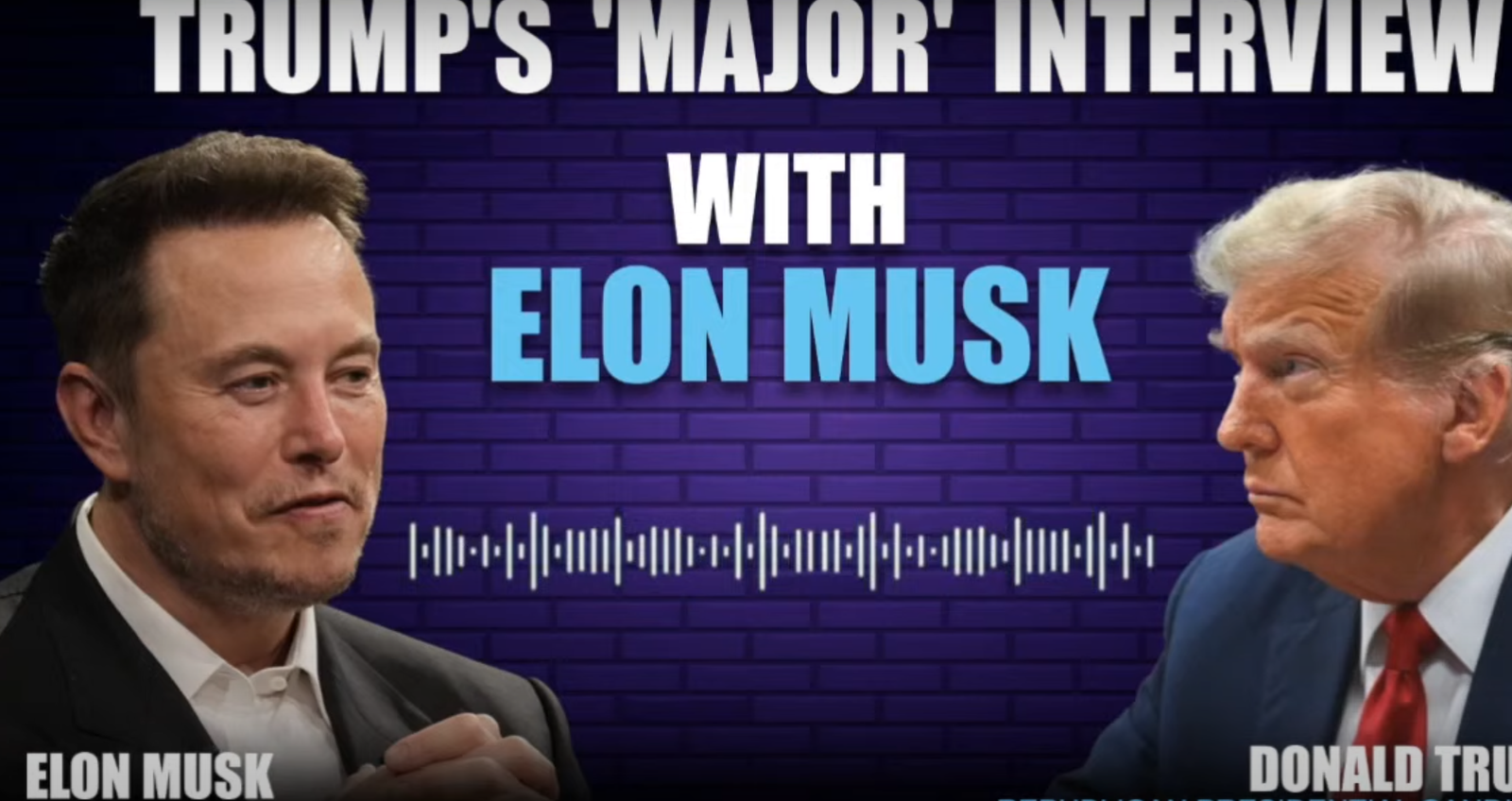
When Elon Musk interviews Donald Trump, it’s a conversation that blends two of the most influential figures in modern society—one a former President of the United States and the other a billionaire entrepreneur known for his groundbreaking work in technology and space exploration.
The Context and Background of Elon Musk
Elon Musk, the CEO of Tesla and SpaceX, is known for his bold ideas and willingness to challenge conventional wisdom. On the other hand, Donald Trump, the 45th President of the United States, is famous for his unfiltered opinions and a business-oriented approach to politics. An interview between these two figures isn’t just a media event; it’s a collision of two worlds that have both shaped and been shaped by the American experience.
Key Points of Discussion
- Political and Economic Views:
- Trump’s time in office was marked by a focus on “America First” policies, including tax cuts, deregulation, and a tough stance on immigration. Musk, while not deeply involved in politics, has shown interest in policies that promote technological innovation, such as renewable energy incentives and space exploration funding.
- Their discussion might cover how these policies have impacted industries Musk is involved in, like electric vehicles and space travel, and what Trump’s views are on the future of these industries.
- Technology and Innovation of Elon Musk:
- Musk is a pioneer in the tech industry, pushing the boundaries of what’s possible with electric cars, reusable rockets, and even plans to colonize Mars. Trump, during his presidency, promoted American innovation but often focused on traditional industries like coal and manufacturing.
- The interview could delve into the role of government in fostering innovation, with Musk possibly advocating for less regulation and more government support for cutting-edge technologies.
- Social Media and Free Speech:
- Both Musk and Trump have had complicated relationships with social media. Trump used Twitter as a primary means of communication during his presidency, often causing controversy. Musk, who now owns Twitter (rebranded as X), has spoken about the importance of free speech but has also faced criticism for how he manages the platform.
- A discussion between them might explore the balance between free speech and responsible communication, especially in the context of platforms that have global influence.
- Leadership and Influence:
- Trump is known for his strong, sometimes polarizing leadership style, while Musk is seen as a visionary but also a demanding leader. Both have faced criticism and praise for their methods.
- The interview might explore their views on leadership, how they handle criticism, and what they believe it takes to lead in today’s world.
Potential Impacts of the Interview
An interview between Musk and Trump could have significant implications. If the discussion touches on current political issues or economic policies, it could influence public opinion or even market reactions. For Musk, it’s an opportunity to share his views on the future of technology and innovation with a broader audience. For Trump, it’s a chance to reinforce his political platform and connect with voters, particularly those interested in economic growth and American leadership in technology.


